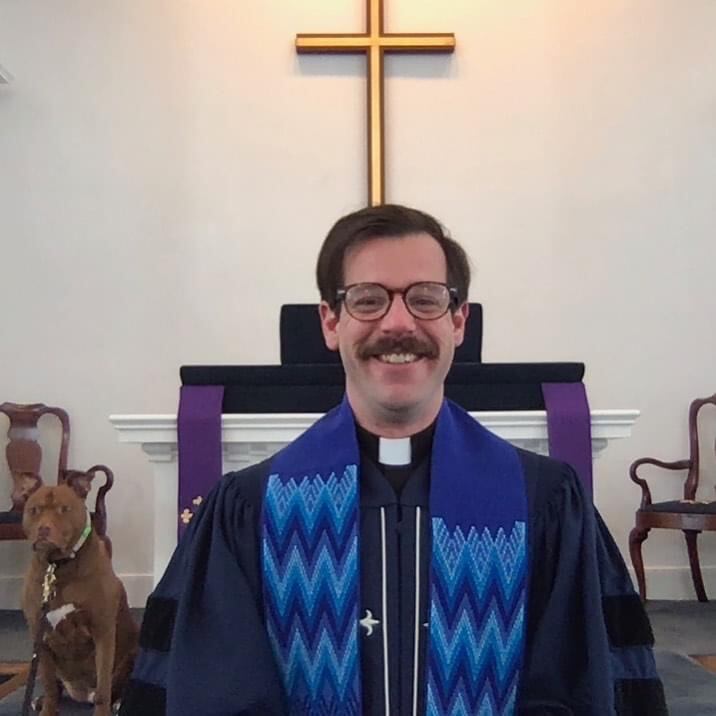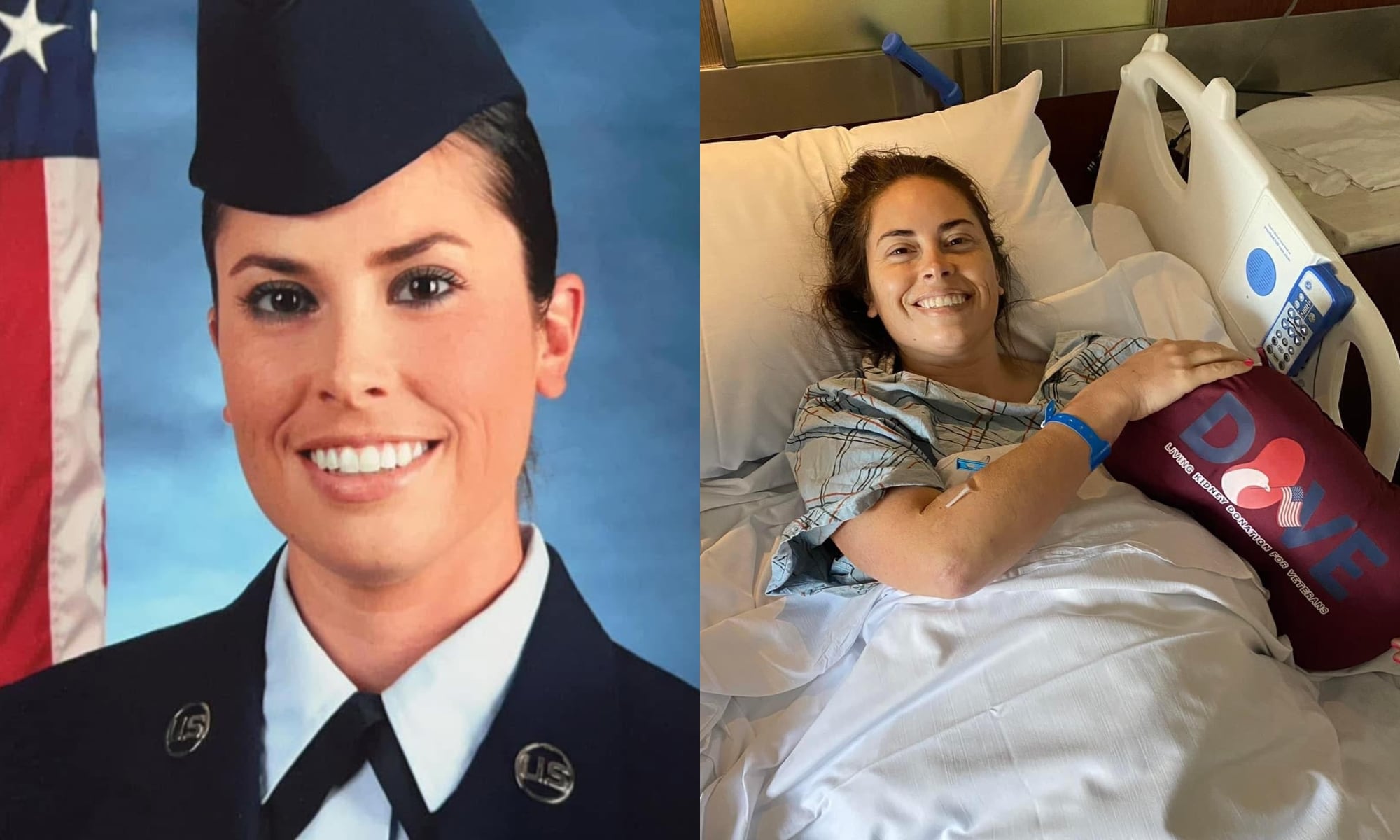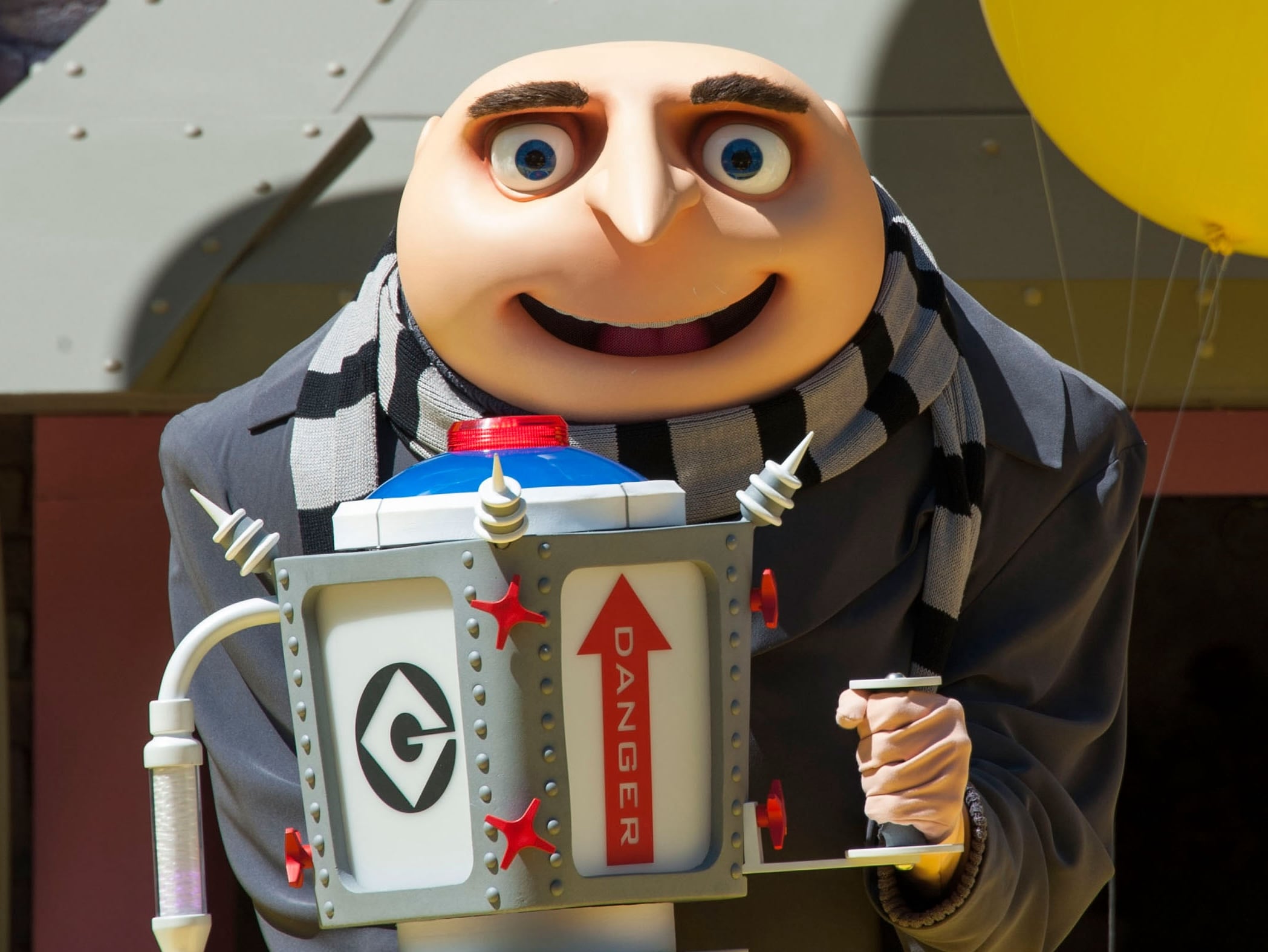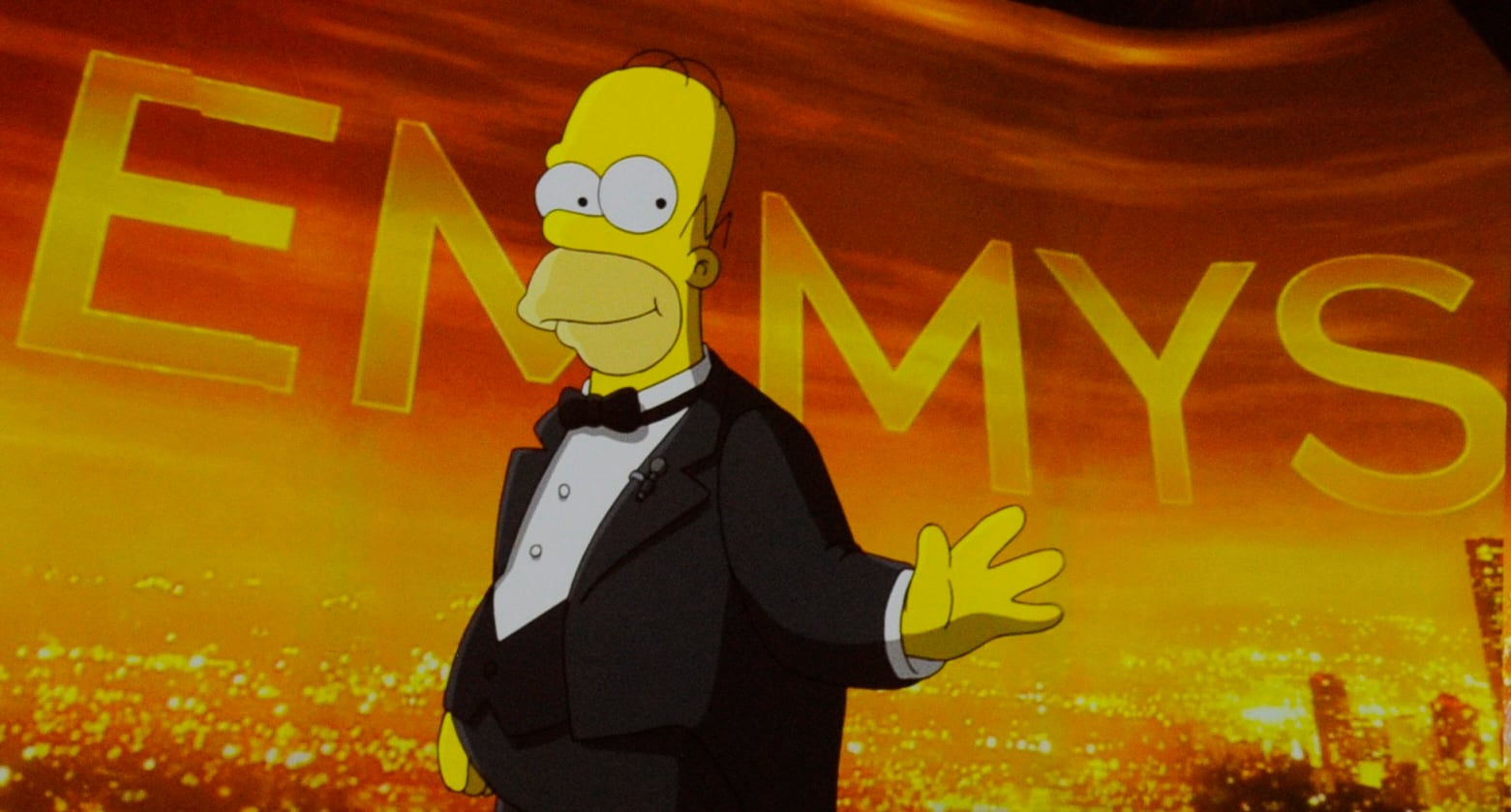For Thomas Burke, a life of service was not simply an option, but an inevitability. Today the associate minister of children, youth and families at Norfield Congregational Church, he began his religious career in an unlikely place: the U.S. Marine Corps.
“Right around the time that I felt a call to ministry, I also felt a strong call into military service,” Burke told Observation Post. “Growing up as an altar server, you’re somebody who really likes all the pageantry, you really appreciate the hierarchy in the Catholic Church. I saw that sort of pageantry in the Marine Corps — that being set apart as people who serve the community, and I really wanted to be a part of an organization like that.”
Burke joined the Marines in 2007, serving with 1st Battalion, 3rd Marines. He did a tour in Karma, Iraq, in 2008, and the another in Nawa, Afghanistan, from 2009 to 2010.
Faith, he recalls, played a major role in his life as a Marine, becoming a refuge to seek far from home when war began to take its heavy toll.
“I truly enjoyed worshipping,” he said. “I really, really struggled, as I’m sure most 18 or 19 year olds do, being very homesick. I turned to church a good amount.”
As a result, Burke seemingly became the de facto spiritual counsel of his unit.
“Others around me recognized my spiritual resilience and turned to me in times of crisis,” he said. “My ability to be vulnerable about how I was feeling about where I was allowed others to share with me, which at the time was very difficult to take when I was already pretty messed up myself.”
After serving in Iraq and losing a close friend, TJ, who served with him as a prayer leader, Burke experienced what he called “spiritual desolation.” His faith was shaken.
“I was very angry, just like most of the battalion was, to have TJ stolen away from us,” he said. “I wouldn’t say I’d stopped believing, but I was so angry at God and became a little more agnostic.”
He tried to restore his faith, especially after TJ’s funeral, but things only got harder.
“I grew really, really depressed, really, really sad,” he said. “It led to a suicide attempt. I was very fortunately saved by a Marine, who walked out in the middle of the Helmand Province, in the middle of the night, and found me sitting at the Helmand River about to shoot myself.”
Spiritually, physically and emotionally exhausted, Burke still had a few months left in his deployment. The infantry Marine didn’t want to go home, he said, not while a war was being fought by his friends.
Eventually, compiling troubles led to Burke using marijuana and hash, which ultimately was the catalyst to a less than honorable discharge from the Marine Corps.
“I continued to do drugs and abuse other sorts of substances,” he said. “I was fortunate, because before I got court-martialed, I took a pre-trial agreement that said they would give me an other than honorable discharge in exchange for going to a substance abuse rehabilitation program in San Diego. I went and started learning some tools, some coping mechanisms, in order to start rebuilding my life.”

His path to healing, however, showed Burke that the institutions he credited with making him who he was played a role in his personal crisis to some extent, notably the Catholic Church and the Marine Corps, organizations Burke says he was seeking love, belonging, and validation from, but was coming up short.
In his rehabilitation, Burke renewed his faith, but also began to question some of the institutional pedagogies of both organizations.
“It always seems in terms of any sort of mental health support, spiritual support, they’re serving the command team, rather than serving the Marines,” he said. “I see that in many different ways. I think the way religion is used in the military is to reinforce stereotypes and to reinforce white supremacy and white Protestant hegemony.”
Breaking away from the Marine Corps, meanwhile, allowed Burke to find himself outside of the Catholic Church as well.
“I was empowered by being kicked out of the Marine Corps, to leave my family of origin, which included that Catholic identity, and look for a more liberated world, a more liberative community that would accept me, love me and affirm me.”
The ideological transition to question these institutions while remaining appreciative of their value has led to Burke’s outspokenness on issues like the lack of diversity within the military, sexual harassment and assault in the ranks, and troop extremism — Burke condemns each while seeking to explain why they exist.
“We are all looking for belonging,” he noted. “It’s so easy to look at fanatics and extremists and think they’re absolutely batshit crazy, dismiss them, and not recognize their desire to be part of something. It’s the same reason we joined the military — they want to be part of something bigger than them. If we’re not recognizing that these people are in pain and continue to dismiss them, the problem will only get worse.”
Still, that open approach is a learning process, Burke added.
“I’m not the best person in the entire world,” he said. “I make mistakes a lot. I’m very broken, but I’m loved by God. I have gifts that God gave me in order to make the world a better place, just like we all do.”
War may have taken a heavy toll on Burke, but God, he says, is unwavering even when he can’t be.
“Being so immersed in war, being so immersed in hate and anger and evil, prevented me from accessing my relationship with God,” he recalls.
“But God never stops loving us. God never stopped loving me. I’m a little religious on this, but that’s, I guess, just kind of my thing.”
Sarah Sicard is a Senior Editor with Military Times. She previously served as the Digitial Editor of Military Times and the Army Times Editor. Other work can be found at National Defense Magazine, Task & Purpose, and Defense News.
In Other News















